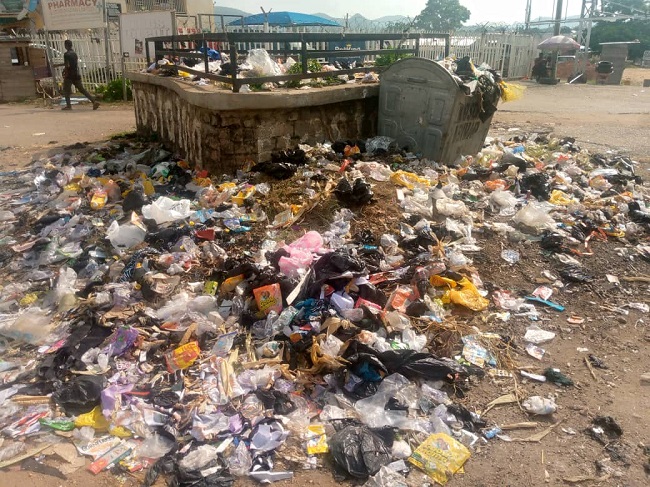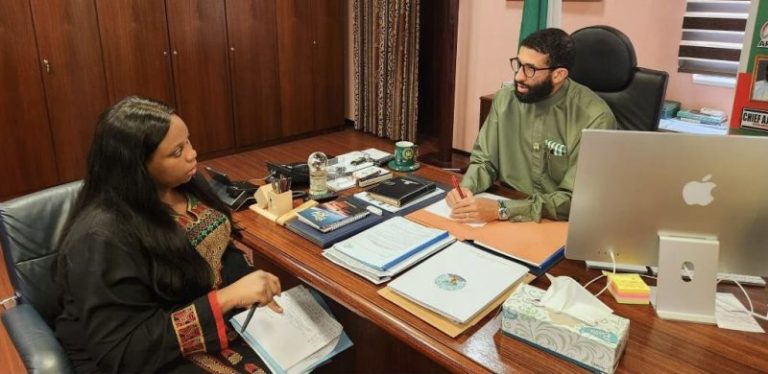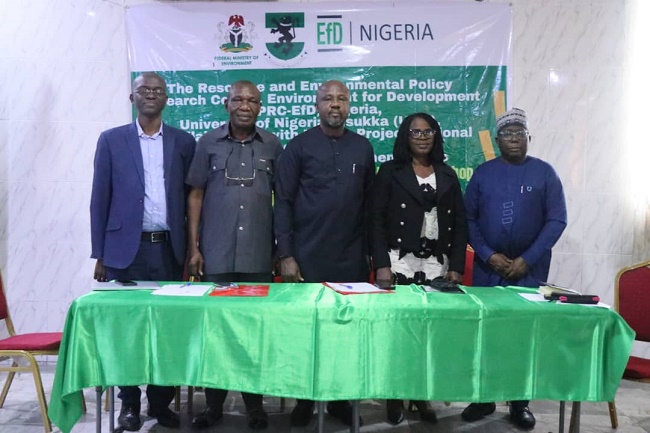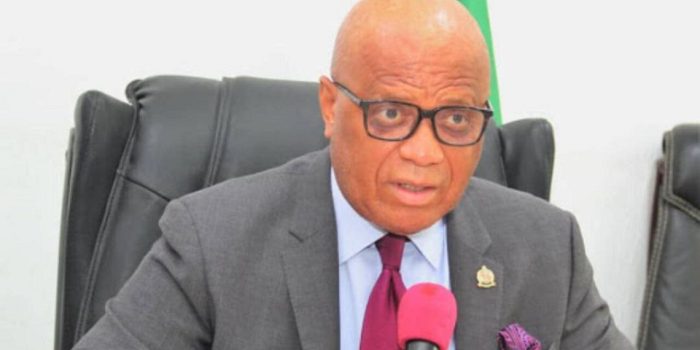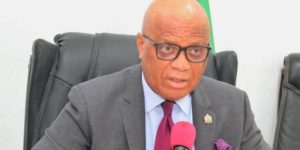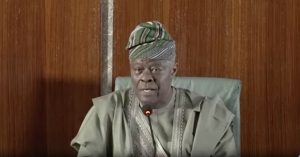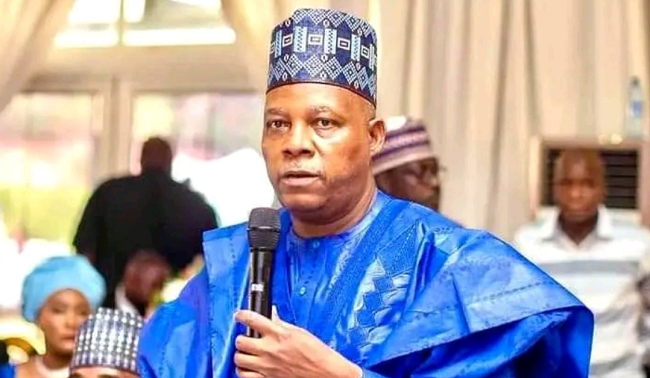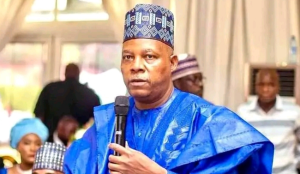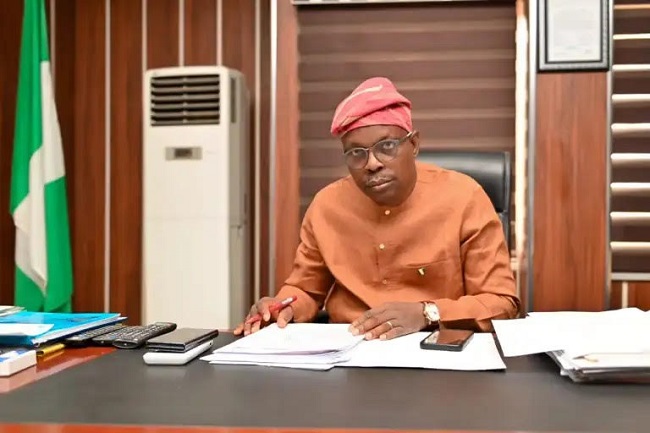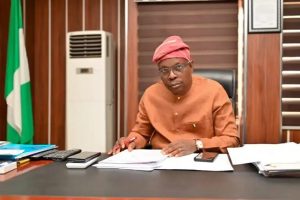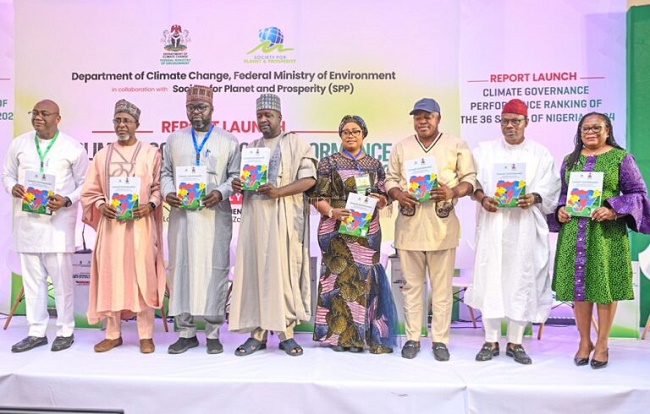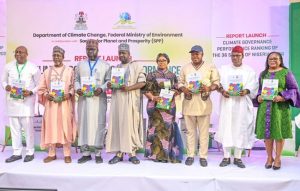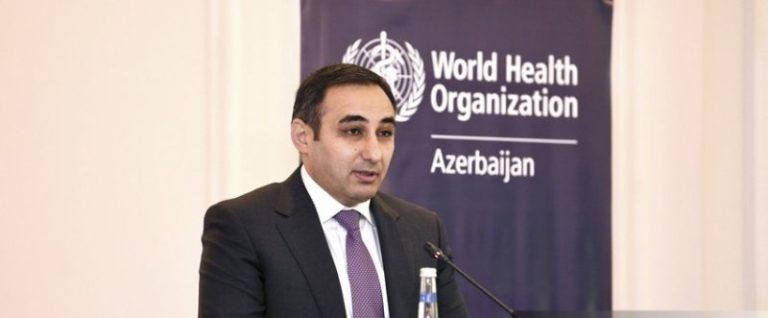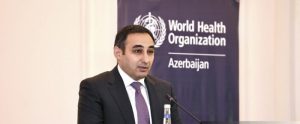Renaissance Care and Empowerment Foundation (RECEF Nigeria), an NGO, has raised an alarm over a possible epidemic in Kogi in view of stinking refuse dumps that litter many parts of the state.
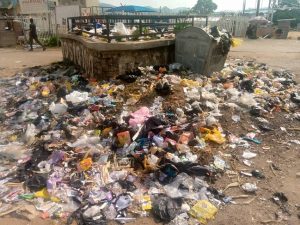
Mr Idris Muraina, its Executive Director, expressed the fear in a statement issued on Friday, July 26, 2024, in Lokoja, the state capital.
The executive director said that the NGO was deeply concerned about the deteriorating state of cleanliness and waste management in Kogi, especially in Lokoja metropolis.
“In spite of efforts such as ‘Operation Clean the City’ launched this year by the environment and ecological management ministry, the situation has worsened, putting the health and well-being of residents at risk.
“This situation calls for urgent steps from Gov. Usman Ododo, to put the authorities tasked with the day-to-day clearing of the mountains of refuge dumps, on their toes.
“The streets from Lokongoma down to the New market/Nataco axis are now overrun with unremoved waste, turning our once vibrant city into a breeding ground for diseases and environmental hazards.
“The dumpsite somewhere around Felele area of Lokoja, close to the Federal University permanent site, is wearing a dangerous look.
“What was once envisioned as ‘Operation Clean the City’, now seems to have transformed into ‘Operation Prepare for Cholera’ as the filth continues to accumulate unchecked.
“We are calling on the environment and ecological management ministry and the Kogi Waste Management Board, to urgently wake up to their responsibilities and take decisive action to address this issue,” he pleaded.
Muraina said that the situation was unacceptable as it poses a significant threat to public health and the environment.
.
He added: “It is imperative that immediate steps are taken to clean up our streets, properly manage waste and restore the cleanliness and beauty of our city.”
He stressed that the authorities responsible for waste management must redouble their efforts and implement effective strategies.
“They must engage with relevant stakeholders to tackle the challenge head-on.
“The time for action is now, before the situation deteriorates further,” he said.
He stated that RECEF Nigeria was ready to support and collaborate with the government and relevant agencies to ensure a cleaner, healthier and more sustainable environment for all residents of Kogi.
“Let us all work together to restore the beauty and cleanliness of Kogi for the well-being of its residents and the preservation of our environment,” he urged.
Responding to the challenge, environment commissioner Oluwasegun Joseph said that there was no cause for alarm as stringent measures were being taken by his ministry to address the matter
“Such alarm raised by RECEF Nigeria is uncalled for because government is aware of the situation and has made adequate arrangements to clear the refuse dumps within the metropolis,” he said.
By Thompson Yamput

